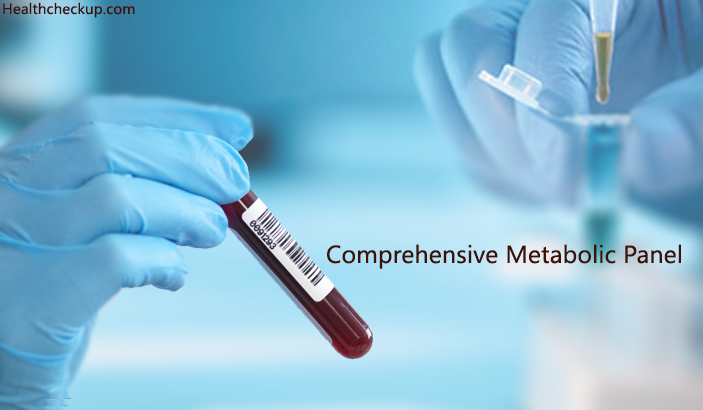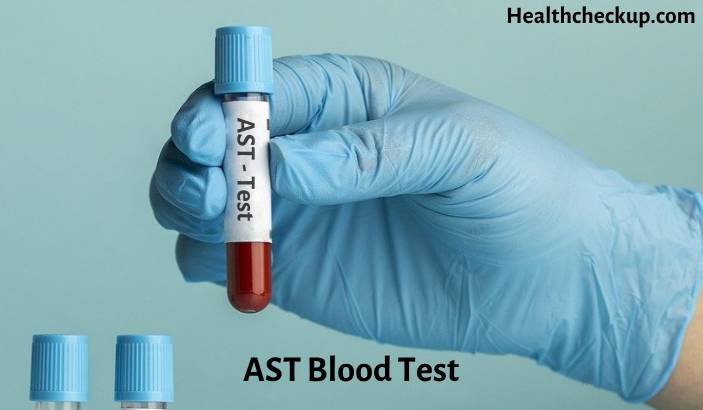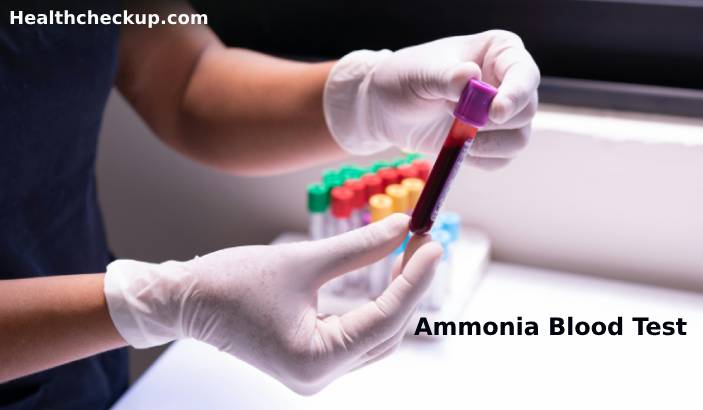We often come across the term CMP when we visit a doctor for a yearly health checkup. While the term might confuse and worry many, it can be a part of your routine health checkup. That provides your doctor with the information about the chemistry of your body and the way the energy is being used.
What Is A Comprehensive Metabolic Panel?
Let us start by knowing what is CMP or Comprehensive Metabolic Panel is all about. A CMP is a set of blood tests that are conducted so that your doctor gets to know all about your body’s metabolism. These tests are also known as “Chem-14”, “Chem-12” or as “Chem-20” at times.
A number of people get the CMP done as a part of their routine health checkup they get done yearly. If you are suffering from any health condition, your doctor might as well want you to get a CMP done. The tests also help the doctor to keep a track of a specific health condition you have or also to check if there is any side effect of medication on your kidneys or livers. Patients who are undergoing this test should not eat or even drink anything for at least 12 hours before going in for the test. All they can have is just water. CMP blood test fasting is a must for accurate results.
A Comprehensive Metabolic Panel can Give Your Doctor A Snapshot of,
- Working condition of the patient’s kidney and liver
- Glucose or Blood Sugar
- Protein Content in the Patient’s Blood
- Electrolyte Levels
What is Included in a CMP?
CMP or Comprehensive Metabolic Panel comprises of 14 tests that provide the doctor with information about the overall health of their patients. This is often recommended to diagnose health problems that are still in the early stages and is often suggested for people suffering from diabetes or hypertension. Also, the CMP test tube color you can choose when going in for a CMP is a Lavender Top Tube as this is often preferred for hematology procedures.
The 14 CMP Blood Test Results are Explained Below,
Diabetes Test – Glucose tests to check the presence of diabetes.
Kidney Function Test – Two blood tests, namely Creatinine and Blood Urea Nitrogen are done as a part of kidney function test.
Liver Function Test – The blood tests conducted to check the function of the liver are Albumin, Globulin, Total Protein, Alanine Aminotransferase (ALT), Alkaline Phosphatase (ALP) and Aspartate Aminotransferase (AST).
Fluids and Electrolytes – These blood tests are performed to know the level of fluids and electrolytes in the body. The tests that are conducted are Sodium, Potassium, Carbon Dioxide (CO2), Calcium and Chloride.
The results that are obtained from these 14 blood tests can reveal any underlying health issues even before any signs or symptoms of the same start.
CMP Blood Test Results
Many people who often get a CMP blood test done are confused when their reports arrive. Most of them do wish to know what the results actually mean and as to how they can suspect any health condition as such.
The reports are provided for individual blood tests done and every report has a column that reads, “Reference range” and another column has the actual results from your blood test. If the results obtained for your tests are within the range or below the reference range, it means that they are normal. If there is a deviation, it is time you consult a doctor to discuss further medical action on the same.
Abnormal Test Reports can Mean,
- That the patient might have a condition related to the kidneys and liver (either a disease or a damage)
- Complications related to diabetes
- Problems that are related to breathing or asthma
There are times when the test results can be abnormal and yet there are no health complications. There are a number of facts that can affect the results of CMP blood tests and some of them are mentioned below,
- Medications that you might have been administering like insulin, or steroids or hormones.
- The test results might show a wrong result if you have been eating or drinking before you have given the test.
- The test results can be abnormal if you might have involved in a physical activity like exercising before giving the test.
In situations when the test reports are not like what they are supposed to be, your doctor might ask you to go for some additional tests for further confirmation.
CMP Blood Results Interpretation
The reference ranges for the CMP blood tests depend entirely on the lab that performs the tests. The reason behind the same is that every lab uses different equipment and follows different ways to analyze the provided blood samples. Though there are general ranges that we come across, it is always advised to go in with the ranges that are provided in the report provided to you.
CMP Vs BMP
People often get confused between CMP and BMP, but it is important to note that both the tests are not the same. CMP is the more expanded version of Basic Metabolic Panel or BMP. Also, BMP does not also include tests related to liver function and has only 8 blood tests. Whereas CMP, as we mentioned earlier, comprises of 14 blood tests.
| BMP | CMP |
|---|---|
| Basic Metabolic Panel – Does not include tests related to liver function | Comprehensive Metabolic Panel – more thorough blood test which includes tests related to liver function |
| Comprises of 8 Blood Tests | Comprises of 14 Blood Tests |
| Generally included in a yearly physical exam | Not always included in a yearly physical exam |
So, now that you know what is included in a CMP, the next time you need to go in for a complete health check-up, start with a Comprehensive Metabolic Panel. This will not only provide you with an insight into your overall health but will also help you stay healthy for many more years to come.
Medically Reviewed By

Maanasi specializes in health topics including diet and nutrition. A mother of an untiring seven year old, she enjoys nurturing her love affair with English. She is often found nestled with a book, plopped against a dozen pillows, smiling away at the brink of finishing yet another book of the many dozens, that adorn the shelves of her Mini Library!








